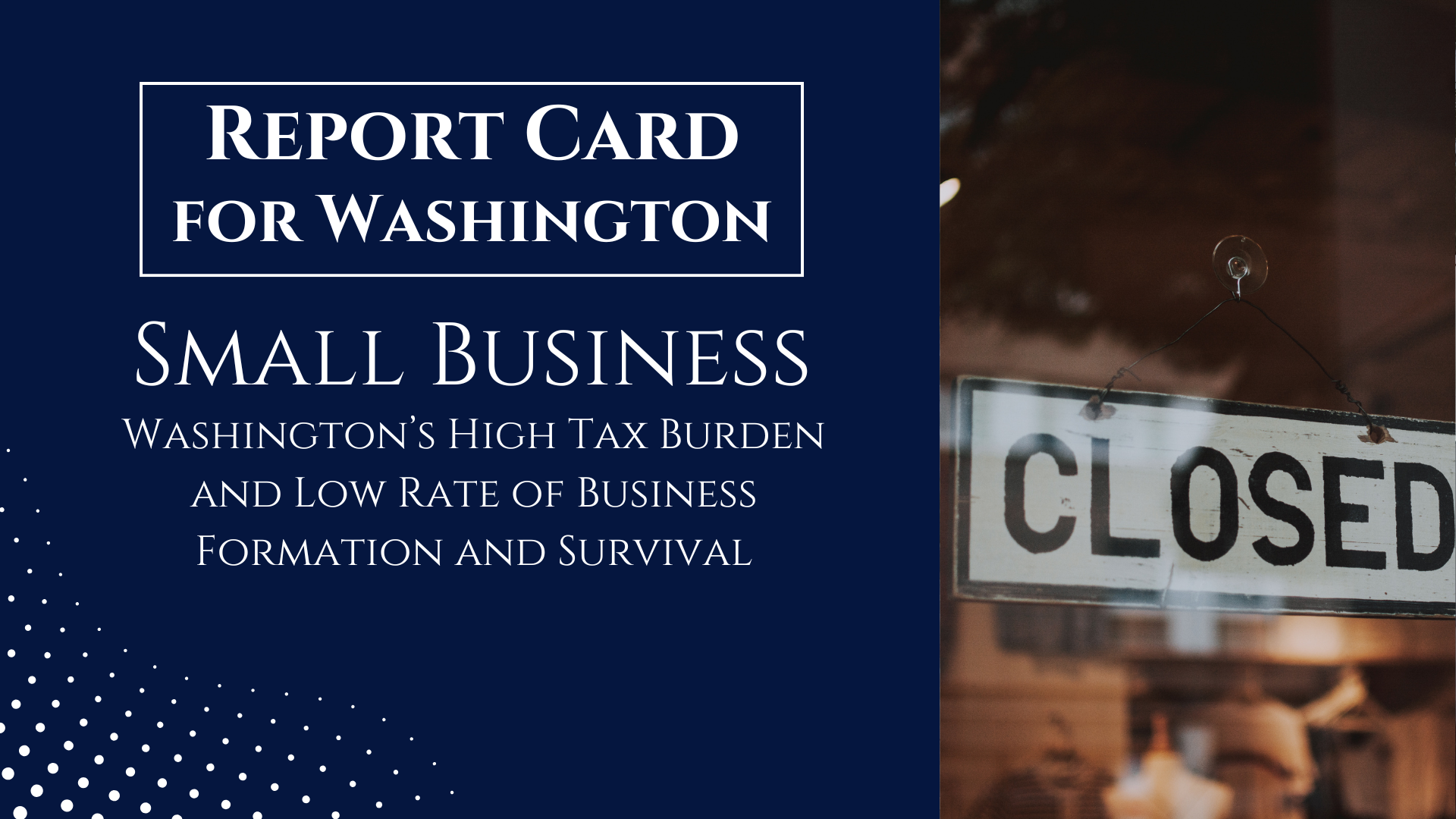As the 2020 legislative short session has now ended, both small business owners and workers are breathing a collective sigh of relief. Despite a flurry of bills introduced earlier in the session that would have eliminated jobs, decreased pay and increased product and service costs, only a few bills made it across the finish line to become law.
One the bills that failed to pass was Senate Bill 6276, which was an effort to convert freelance workers into employees and prevent workers from working when they want to. Couple this with Senate Bill 6516, which would have limited the working week to 32 hours at regular hourly rates, and you would have had a recipe for job cuts and companies going out of business.
Additionally, House Bill 2516, which would have mandated employers automatically enroll employees in a state overseen IRA program and Senate Bill 5717, which would have required 2 weeks’ notice for scheduling have also died. SB 5717 would have significantly impacted both available employee hours and employer profit margins, which in some industries can be as low as 3%.
Two more bills that didn’t make it through the process to become law included House Bill 1965, which would have given employees the ability to sue their employers using taxpayer dollars and Senate Bill 6122. SB 6122 would have created confusion during an emergency by requiring employees to translate safety instructions into multiple languages. These two bills would have resulted in fewer jobs and increased product and service costs.
There were several bills introduced that targeted on-demand transportation service provider workers. House Bill 2310 would have required many Uber and Lyft drivers to replace their gasoline vehicles with electric or hi-bred versions to continue working. House Bill 2913 would have added $9.7c per gallon of gas to fund fish culvert replacement and Senate Bill 6586 would have added a pay per mile program, tracked using a GPS device that would be installed in automobiles. All three bills failed to pass.
Unfortunately, some legislation that will cost employers and workers time and money passed and will be taking effect later this year.
This includes House Bill 2308 requiring employers to report to the state employee occupational classifications and House Bill 2614, which changes the recently passed Paid Family Leave law increasing the Business and Occupation tax from 1.5% to 1.75% for service businesses making over $1 million income per year.
Ending on a more positive note, while they didn’t pass, House Bill 2191 would have helped smaller LLCs and s-corporations save some costs with an opt-out provision for Paid Family Leave. House Bill 2477 would have required state agencies to be more transparent when working with small business. Legislation that helps reduce red tape and saves costs, creates jobs. This legislation should be re-introduced next year.
The cost of the legislation proposed this year has a significant impact to small business regulation and workers’ rights. Much of the proposed legislation imposes un-funded mandates on employers and decreases worker job opportunity and flexibility.
While this session is now over, 2021 is going to be here quickly. Legislation that is often drafted in the interim between sessions should focus on reducing regulatory barriers to help small business create jobs and allow workers to have the choice to work when they want and how they want.






